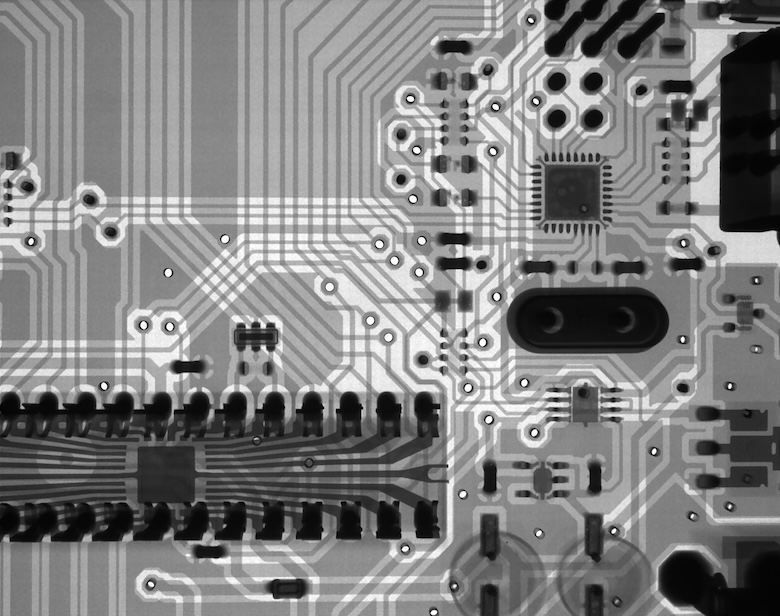
AI hardware is a term that refers to the specialized computer hardware designed specifically for running artificial intelligence (AI) programs more efficiently and at a faster pace. The most prevalent chips used for accelerating AI are GPUs, which have overtaken CPUs as the primary tool for training large-scale commercial cloud AI. Other types of AI hardware include field-programmable gate arrays (FPGAs), memory systems, and networking capabilities.
One of the significant advantages of using AI hardware like GPUs is their speed. Some performance benchmarks indicate that GPUs can be over 100 times quicker than CPUs in executing certain tasks. Leading companies such as Nvidia and AMD manufacture many of these high-performing GPUs, with some even starting to incorporate enhancements specifically tailored for AI applications.
IBM Research is another key player in this field, actively developing new devices and architectures to cater to the immense processing power demanded by AI. The adoption of AI hardware shows no signs of slowing down; projections suggest that demand for computing hardware will rise approximately 10 to 15 percent by 2025.
Applications of AI-Specific Hardware
The role of hardware designed specifically for artificial intelligence (AI) is pivotal across a multitude of sectors and applications, providing specialized solutions to cater to the unique requirements of AI workloads. Here are some notable examples where such hardware finds its application:
-
AI Development: Specialized equipment like the NVIDIA Jetson Nano Developer Kit and Google Coral Dev Board are employed in AI development, computer vision tasks, deep learning processes, and robotics.
-
Home Automation: Devices such as Raspberry Pi 4 Model B prove to be apt for home automation activities.
-
Gaming: Equipment such as Intel NUC 9 Extreme Kit is engineered for high-end AI development, deep learning, gaming experiences, and virtual reality applications.
-
Industry-Specific Solutions: Semiconductor corporations are collaborating to create AI hardware that’s custom-made for specific sectors like oil and gas exploration, thereby facilitating comprehensive solutions.
-
Data Centers: In cloud-computing data centers, the importance of AI hardware cannot be overstated. GPUs find extensive use here for training applications.
These examples underscore the wide array of applications where hardware designed specifically for AI is driving significant progress to cater to the escalating demands posed by artificial intelligence technologies.
AI Chip Market
AI Chip Vendors: A Look At Who’s Who In The Zoo In 2024 - Forbes
By Karl Freund – Contributor, Founder and Principal Analyst, Cambrian-AI Research LLC Feb 13, 2024,02:40pm EST
In 2024, the AI chip market is experiencing fierce competition and innovation, with Nvidia continuing to dominate the sector with a 90% market share. Yet, the industry’s potential growth to $119 billion by 2027 is attracting key players like AMD, Intel, Cerebras, and Cloud Service Providers (CSPs) such as Google, Microsoft, and Amazon, all pivoting towards generative AI. AMD’s MI300 chip stands out in the inference market, while companies like Groq and SambaNova specialize in niche segments. Cerebras and Intel are pushing the boundaries with their latest technologies, and Qualcomm’s Cloud AI100 inference engine marks significant progress in generative AI. The landscape is also shaped by CSPs developing in-house AI accelerators, challenging Nvidia’s supremacy. Tenstorrent, led by CEO Jim Keller, is broadening its approach to include a range of IP, chips, and chiplets, emphasizing the sector’s drive towards efficiency, performance, and flexibility. Read more…
Artificial intelligence: Aim policies at ‘hardware’ to ensure AI safety, say experts
University of Cambridge. February 15, 2024.
Chips and datacentres – the ‘compute’ power driving the AI revolution – may be the most effective targets for risk-reducing AI policies as they have to be physically possessed, according to a new report. Read more…


